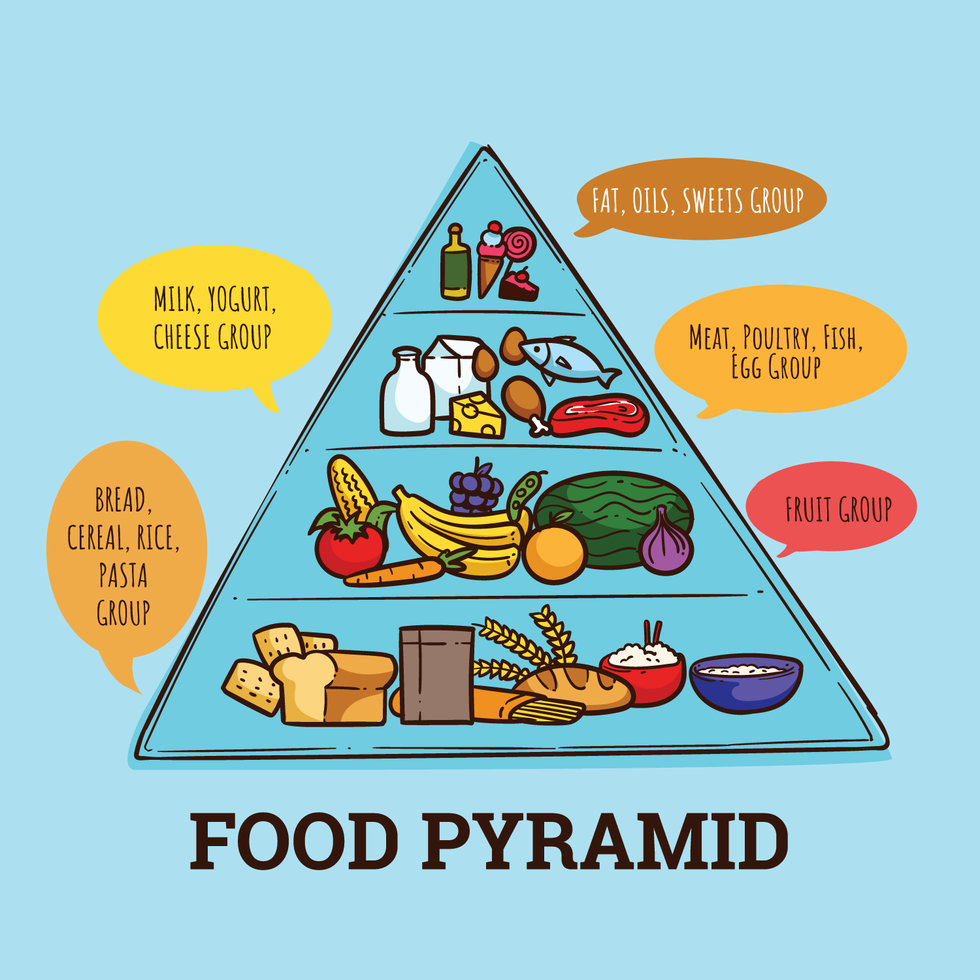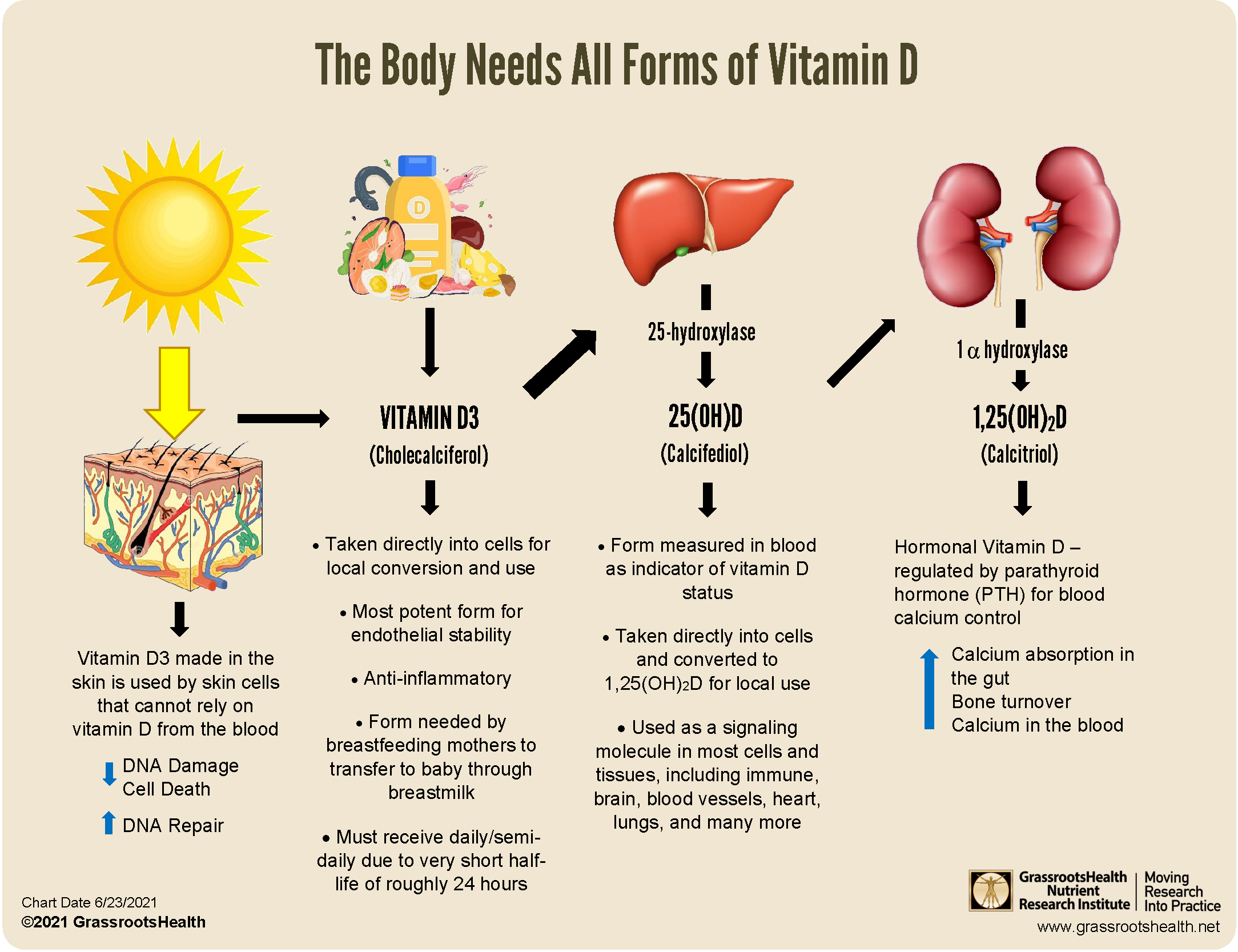Although in the United States,
sheep milk is not as popular as cow milk, sheep milk and its products
are widely consumed in other parts of the world, especially in the
Mediterranean. In fact, Greek feta cheese and Italian ricotta cheese are made from sheep milk. Sheep milk is rich
in many nutrients; however, it is not recommended that you drink it
raw. The Food and Drug Administration states that drinking raw milk is a
health risk because it can contain bacteria such as E. coli. The FDA
also assures that pasteurization does not degrade the milk's nutritional
quality in any way.
and Italian ricotta cheese are made from sheep milk. Sheep milk is rich
in many nutrients; however, it is not recommended that you drink it
raw. The Food and Drug Administration states that drinking raw milk is a
health risk because it can contain bacteria such as E. coli. The FDA
also assures that pasteurization does not degrade the milk's nutritional
quality in any way.
Protein and Carbohydrate
Sheep
milk is richer in protein than either cow or goat milk -- it contains
about two percent more. Protein from mammalian milk is of high quality
because it contains all essential amino acids. Getting enough protein is
important because your body needs it to grow and repair itself. Sheep milk is also higher in
lactose than cow and goat milk and is therefore not recommended for
lactose-intolerant individuals.
needs it to grow and repair itself. Sheep milk is also higher in
lactose than cow and goat milk and is therefore not recommended for
lactose-intolerant individuals.
advertisement





























